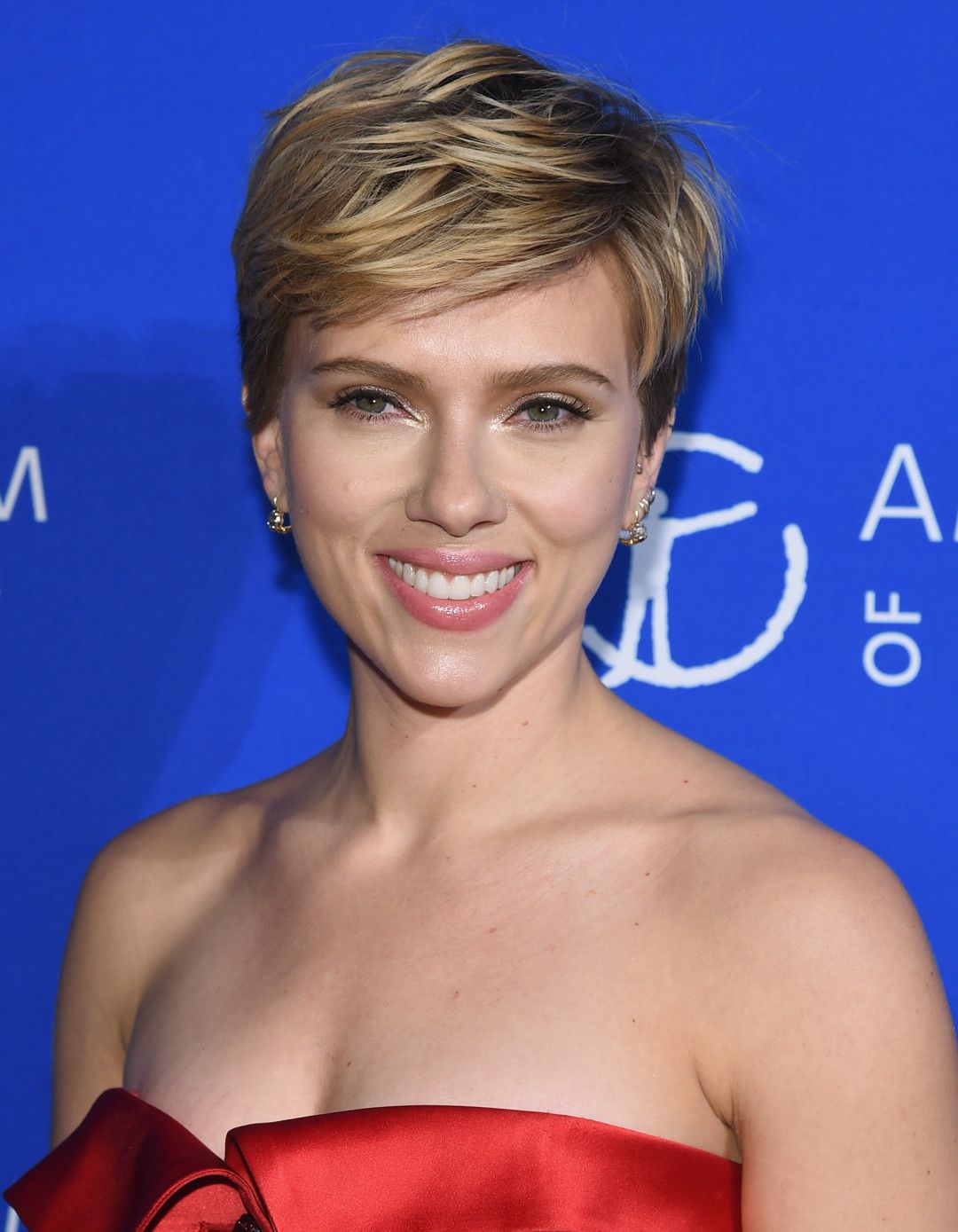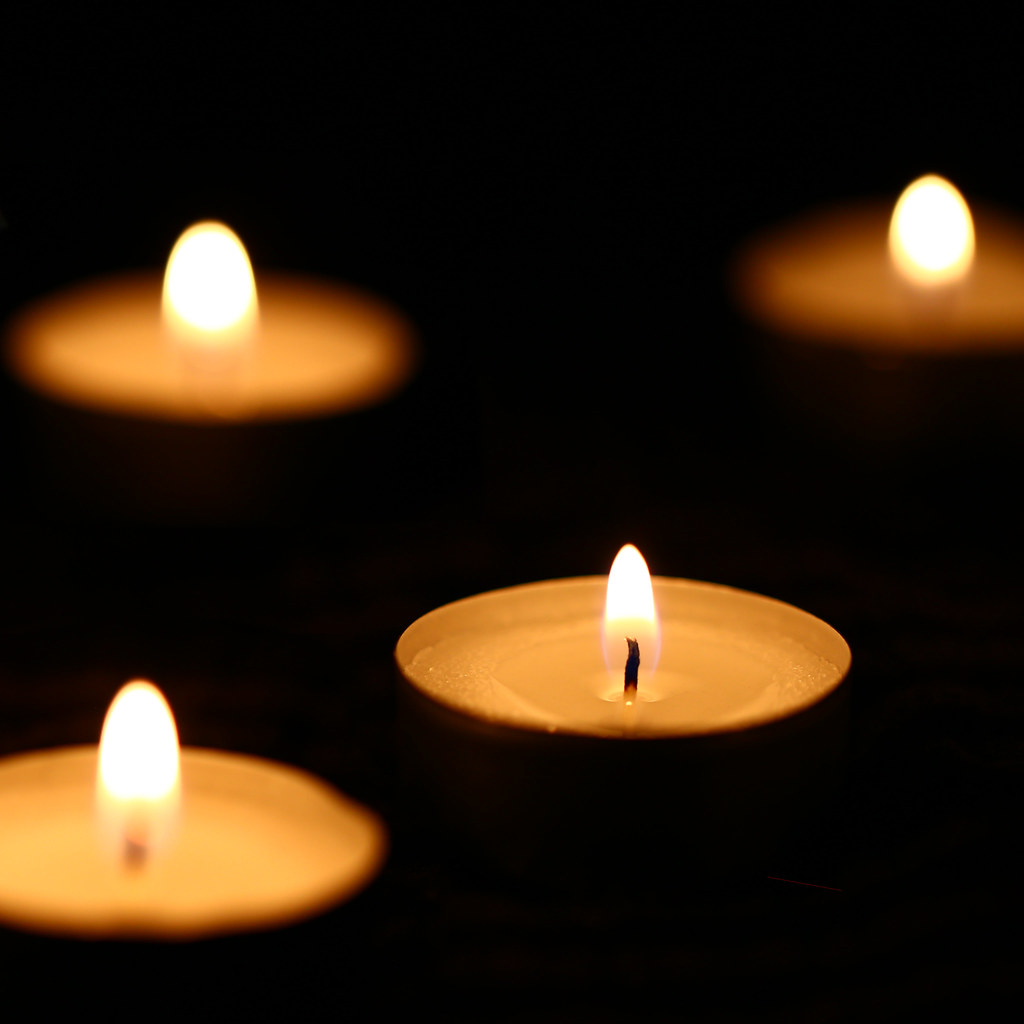
The 1970s was an absolute whirlwind of change for Hollywood, and honestly, we’re still feeling the ripples today! Out went the classic, squeaky-clean gentleman of yesteryear, and in stomped a whole new breed of leading man. Think rugged, raw, and totally real, often playing characters who weren’t exactly angels, but you rooted for them anyway. It was a thrilling era where anti-heroes and everyday underdogs truly shined, bringing an unprecedented style to the silver screen that redefined masculinity itself.
This was the decade that revolutionized what it meant to be a male movie star. Forget just looking good; it was all about skill, presence, and an authentic edge that made audiences believe every single moment. “New Hollywood” was born from a turbulent past, with daring auteurs shaking things up, diving into the dark side of the American Dream, and crafting character-driven narratives that pushed boundaries. Directors like Francis Ford Coppola, Martin Scorsese, and Steven Spielberg were at the forefront, and the actors we’re about to celebrate were their fearless muses.
So, buckle up, film fanatics, because we’re taking a deep dive into the careers of some of the biggest male stars of the ’70s! These guys didn’t just star in movies; they *were* the movies, shaping an entire generation of storytelling and leaving an indelible mark on pop culture. From intense method actors to charming action heroes, these leading men absolutely ruled the big screen and changed Hollywood forever. Let’s kick things off with our first seven legends, whose sheer talent and magnetic presence demanded attention.
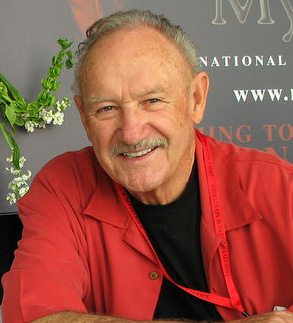
1. **Gene Hackman: The Everyman Who Conquered Hollywood**First up on our epic list is none other than Gene Hackman, a man who truly brought something distinct to the 70s screen. While many of his contemporaries might have boasted classic leading man looks, Hackman offered a captivating blend of unique intensity and that undeniable everyday charm. This special mix allowed audiences to believe in every single character he portrayed, from the grittiest detective to the most cunning villain. He wasn’t just acting; he was embodying humanity, flaws and all, with a power that was simply mesmerizing.
Throughout this transformative decade, Hackman delivered one unforgettable role after another, cementing his status as a true powerhouse. Who could forget his Oscar-winning turn as Popeye Doyle in “The French Connection”? That role alone was enough to make him a legend. But he didn’t stop there. His haunting work in “The Conversation” showcased a completely different side of his talent, while his portrayal of Lex Luthor in “Superman: The Movie” proved just how incredibly versatile he could be, even stepping into the world of larger-than-life comic book antagonists.
What made Hackman stand out in an era packed with charismatic stars was his ability to prove that true star power wasn’t just about good looks, but about sheer skill and undeniable presence. Unlike the so-called ‘pretty boys’ of earlier eras, Hackman’s rugged authenticity resonated deeply with audiences. His everyman appeal, combined with his formidable acting talent, earned him the respect of both critics and fellow actors, ensuring his rightful place among the ’70s elite. He was a frequent collaborator for directors aiming for authenticity, a testament to his reliability and craft. It’s no wonder he sustained momentum with a steady stream of leading and supporting roles across various genres.
He continued to rack up impressive nominations, including a second Oscar nod for “I Never Sang For My Father” in 1970, right at the dawn of the decade. Beyond “The French Connection” (1971), he starred in “The Poseidon Adventure” (1972) and “The Conversation” (1974), maintaining an incredibly busy schedule. By the time he retired in 2008, well into his 90s, Hackman had solidified a legacy built on raw talent and a grounded, unvarnished realism that shaped police and political narratives of the era.
Read more about: Loved the ’70s? These 12 Iconic Leading Men Were the Defining Faces of Cool and the Anti-Hero Genre!
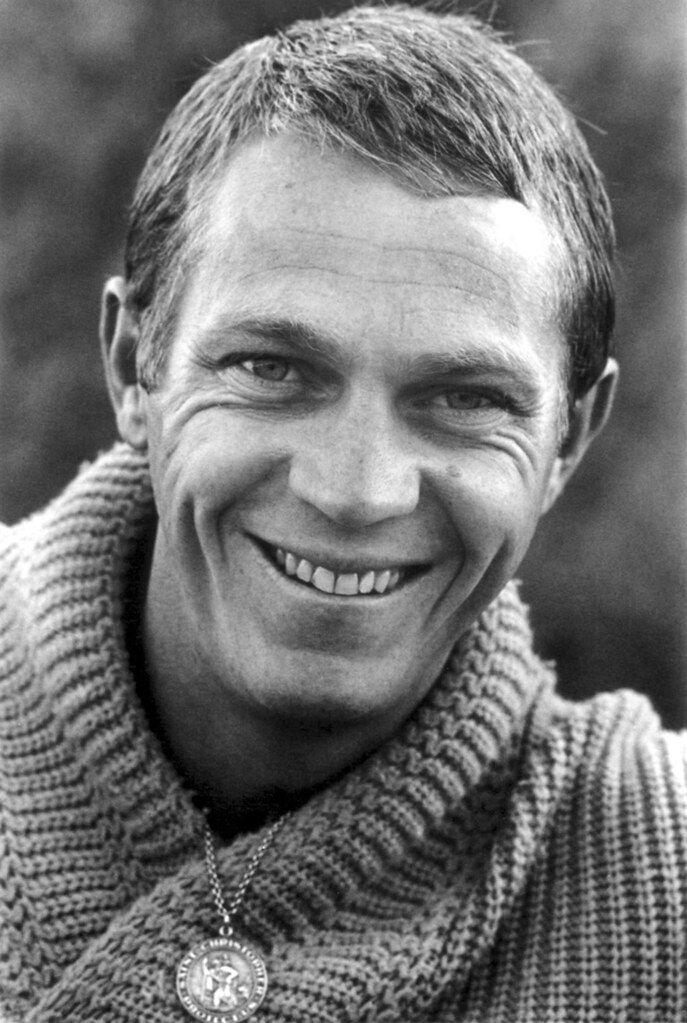
2. **Steve McQueen: The Undisputed King of Cool**Next up, prepare to be captivated by “The King of Cool” himself, Steve McQueen. This former mechanic-turned-movie star brought an utterly authentic edge to every single role he undertook, making him one of the most magnetic presences of the 70s. Whether he was tearing up the track in “Le Mans” or serving justice as a cop in “Bullitt,” his rare blend of danger and undeniable charm kept audiences absolutely glued to their screens. Seriously, this guy oozed charisma from every pore!
Even in a decade overflowing with tough guys and rugged anti-heroes, McQueen somehow managed to stand out head and shoulders above the rest. And honestly, it probably didn’t hurt that he trained in martial arts with the legendary Bruce Lee! That just adds another layer to his legendary cool, doesn’t it? Hollywood didn’t just give him the title “The King of Cool” casually; it perfectly encapsulated his entire persona. He embodied an on-screen persona that was tough, quiet, and effortlessly stylish, captivating viewers with his intense gaze and understated confidence.
McQueen wasn’t just about looking cool; he lived it. He was famous for doing many of his own stunts and even raced motorcycles off-screen, bringing that very same wild, untamed energy directly into his on-screen roles. In films like “The Getaway” and “Papillon,” he effortlessly proved that he could handle serious drama with the same ease and intensity he brought to his action-packed scenes. His portrayal in “Papillon,” specifically, contributed to ensemble spectacle and cemented his appeal in large-scale adventures. His exacting approach to stunts and mechanical detail became a significant part of his professional identity, truly setting him apart.
Before his tragic passing in 1980, Steve McQueen had already etched his legacy as one of the biggest and, without a doubt, coolest male stars of the 70s. His selective project choices in the decade also helped shape the image of the self-directed movie star. He maintained his status as a major draw through large-scale adventures and character pieces, leaving behind a filmography that continues to define what it means to be effortlessly cool in cinema. He truly was, and remains, a cinematic icon.
Read more about: Beyond the Stunts: Why Steve McQueen’s 14 Iconic Roles Still Define Action Cool for Generations
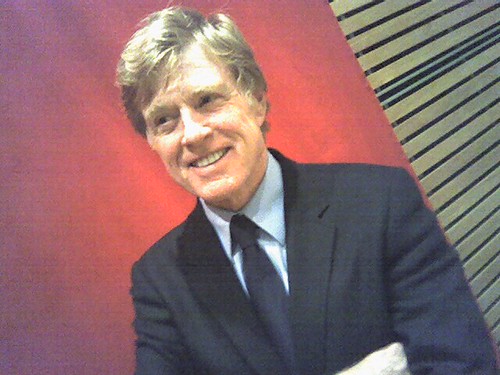
3. **Robert Redford: The Golden Boy with Rugged Charm**Prepare to be dazzled by another one of the biggest – and let’s be honest, most handsome – male stars of the 70s: Robert Redford. This man truly embodied 70s Hollywood handsomeness with his iconic golden hair, piercing blue eyes, and chiseled features that could stop traffic. But it wasn’t just his movie-star good looks; his natural acting talent and impressive versatility set a brand new standard for leading men throughout the decade. He wasn’t just a pretty face; he was a force of nature.
His absolutely iconic role as Sundance in “Butch Cassidy and the Sundance Kid” launched him into a decade of unparalleled stardom, and frankly, we’re still talking about it! Like many of the era’s most beloved actors, Redford’s appeal stemmed from a certain ruggedness that was perfectly suited to the times. However, he also possessed an undeniable element of sophistication, allowing him to effortlessly portray both rough-and-tumble outlaws and polished, refined gentlemen with equal conviction. Talk about range!
Films like “The Sting” and “The Way We Were” didn’t just highlight his undeniable good looks; they brilliantly showcased his immense acting talent, solidifying Redford’s place as one of the biggest male stars of the 70s. He was a bankable lead whose projects influenced both box-office trends and journalistic cinema, notably starring in “All the President’s Men,” which popularized newsroom storytelling grounded in real reporting methods. His collaborations with Paul Newman and directors like George Roy Hill consistently delivered smart, elegant genre pieces that captivated audiences.
Redford also used his growing profile to champion independent film, laying groundwork that he would formalize in the following decade, becoming a major advocate for the indie scene. From playing a determined journalist to a smooth con artist, Redford commanded the screen with a charisma that was both accessible and aspirational, balancing stardom with disciplined craft. His ability to blend rugged charm with an intellectual edge made him a truly unique and enduring icon of 70s cinema. He truly was the golden boy of the decade, and he earned every bit of that shine.
Read more about: Robert Redford: A Definitive Journey Through 14 Essential Films of a Screen Legend
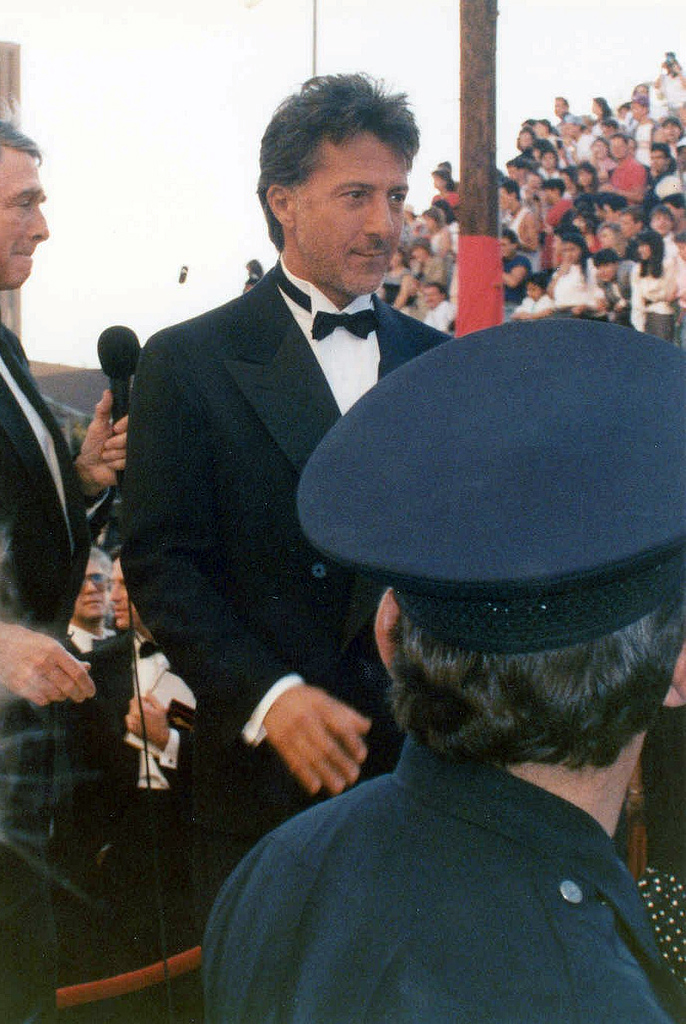
4. **Dustin Hoffman: The Unconventional Scene-Stealer**Now, let’s turn our attention to Dustin Hoffman, a star who absolutely smashed the mold of the traditional Hollywood leading man in the 70s. Standing at just 5’6″, with an intense gaze and a decidedly unglamorous demeanor by conventional standards, Hoffman completely redefined what a male movie star could look like and, more importantly, *be*. And guess what? Audiences couldn’t get enough of it!
His breakthrough performance in “The Graduate” (1967) perfectly set the stage for a decade where he fearlessly took on one daring, unconventional role after another. Hoffman wasn’t afraid to dive deep into complex characters. He plunged into the gritty world of “Midnight Cowboy,” and stirred up considerable controversy by portraying a mathematician pushed to violence in “Straw Dogs.” These roles showcased his incredible range and his willingness to tackle challenging material, earning him critical acclaim and solidifying his reputation as a fearless performer.
By the time he starred as a divorced dad in the emotionally resonant “Kramer vs. Kramer” (1979), Hoffman had unequivocally proven his prodigious talent, earning him an Academy Award for Best Actor. Critics absolutely adored him, fans packed theaters to witness his transformative performances, and even his fellow actors studied his every nuanced move. His intense method acting and perhaps his partying while filming “Marathon Man” (1976) even led co-star Laurence Olivier to famously quip, “Next time try acting,” highlighting the depth of his immersion.
In an era brimming with larger-than-life personalities, Hoffman opted for subtlety over showiness, yet somehow, he consistently managed to steal every single scene he was in. He won the Academy Award for Best Actor for “Kramer vs. Kramer,” a domestic drama that ignited a major cultural conversation. Hoffman’s meticulous preparation and vocal work set a template for actors tackling roles that underwent significant transformation, making him a true master of his craft. He also remained active on stage, reinforcing his cross-medium discipline, showcasing a dedication to his art that made him a definitive figure of 70s cinema.

5. **Al Pacino: The Method Acting Maverick**Get ready for Al Pacino, fresh from the vibrant New York theater scene, who brought method acting to breathtaking new heights in the 70s. His portrayal of Michael Corleone in “The Godfather” (1972) was nothing short of a masterclass, transforming from a seemingly shy college kid into the chillingly formidable mafia boss before our very eyes. Many fans felt like he could speak volumes just with his eyes, as his intense, dark gaze captivated audiences worldwide. It was a career-defining performance that instantly cemented his legendary status, and he had only acted in two films before it!
As the decade unfolded, each of Pacino’s roles hit harder and deeper than the last, proving that “The Godfather” was just the beginning of his reign. Of course, he made a triumphant return in “The Godfather Part II,” delivering another unforgettable performance. But he didn’t stop there. Films like “Serpico” (1973), where he played a real-life police officer fighting corruption, and “Dog Day Afternoon” (1975), a gripping true story of a bank robbery gone wrong, further cemented his status as one of the biggest male stars of the 70s. He also received a lead actor nomination for his role in ‘…And Justice For All’ (1979).
Pacino became a central face of New Hollywood, delivering a stunning run of character-driven dramas that placed moral ambiguity at the forefront of storytelling. He earned multiple Academy Award nominations throughout the decade, reflecting consistent recognition from his peers for his intense, psychologically detailed acting style. His collaborations with directors like Francis Ford Coppola and Sidney Lumet helped standardize an acting approach that would become synonymous with the era.
By the end of the 70s, this former theater kid from the Bronx had evolved into one of Hollywood’s most magnetic and revered stars. His stage background also ensured he remained active in theater, reinforcing a craft-first approach even as his film profile soared. While his career might have slumped briefly in the next decade, it picked up, and he’s still acting in his 80s, a testament to his enduring power and talent. Al Pacino truly was, and still is, a master of his craft, forever changing how we perceive screen acting.
Read more about: These 10 Legendary Actors Totally Defined 70s Cinema with Their Iconic Charisma
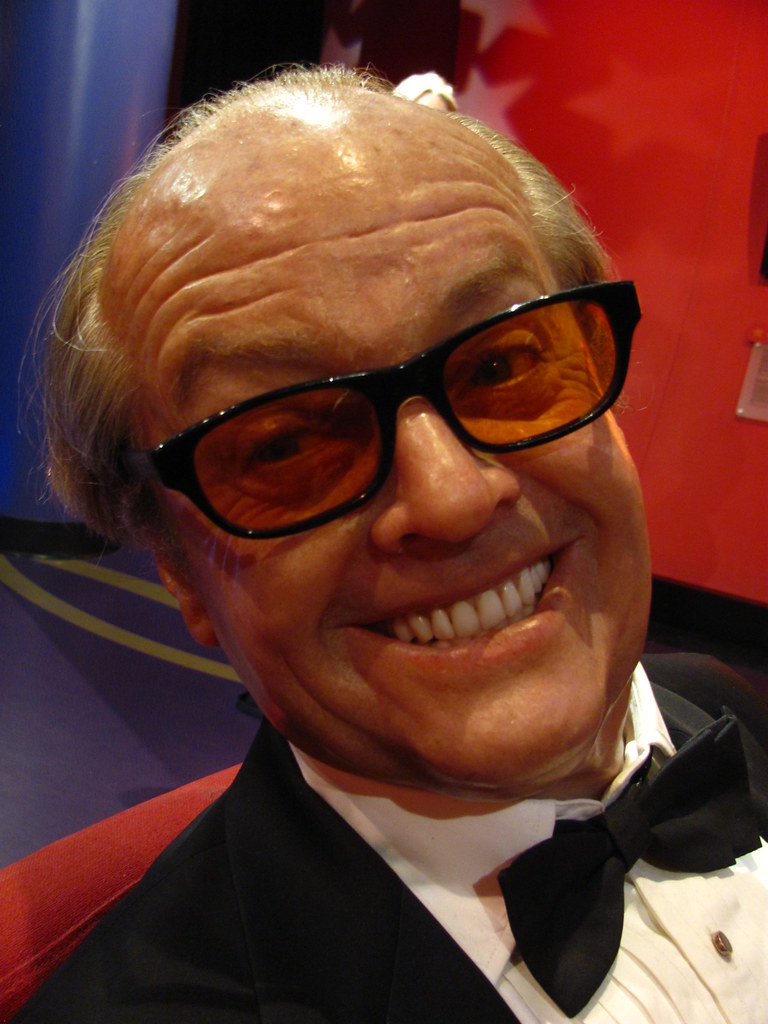
6. **Jack Nicholson: The Rebellious King of the Screen**And now, let’s crown the man who absolutely ruled Hollywood in the 70s: Jack Nicholson. This icon kicked off the decade with a bang. In 1970, he starred in “Five Easy Pieces” alongside Karen Black, a role that very quickly became persona-defining, showcasing his unique blend of intensity, vulnerability, and a devil-may-care attitude that audiences simply couldn’t resist. He had already been nominated for an Oscar for the low-budget hit “Easy Rider” (1969), but the 70s were truly his decade to shine.
Nicholson continued his reign by delivering a string of truly unforgettable performances in defining films of the decade. Who could ever forget his electrifying portrayal of McMurphy in “One Flew Over the Cuckoo’s Nest”? That performance alone is legendary, earning him his first of three Oscars in 1975. He also mesmerized audiences as the detective in the neo-noir masterpiece “Chinatown” and captivated as a sailor in “The Last Detail.” He racked up an incredible five Oscar nominations throughout the decade, cementing his unparalleled talent.
But it wasn’t just his acting prowess that made him a ’70s legend. While other actors carefully protected their public reputations, Nicholson famously flaunted his ‘bad boy’ lifestyle. He dated Hollywood’s leading ladies and partied hard with fellow star Warren Beatty, embracing a rebellious persona that perfectly captured the countercultural spirit of the times. His distinctive voice and persona became shorthand for the decade’s rebellious streak in studio films, making him a true icon both on and off screen.
Nicholson emerged as a marquee star who could effortlessly carry both counterculture stories and mainstream dramas, winning the Academy Award for Best Actor for ‘One Flew Over the Cuckoo’s Nest’, a performance frequently referenced in discussions of screen character arcs. He also worked behind the scenes as a producer and maintained strong ties to independent-minded filmmakers, showcasing his multifaceted engagement with the industry. Jack Nicholson was, and remains, the definitive movie star and male star of the 70s, an actor who dared to be different and completely owned it.
Alright, film fanatics, if you thought the first seven legends were impressive, just wait until you meet the next batch! We’re continuing our deep dive into the ’70s, celebrating the absolute titans who not only dominated the big screen but also redefined cool, grit, and what it meant to be a leading man. These actors brought diverse contributions, genre-defining roles, and cemented their status as true pop culture giants. Get ready for more mind-blowing performances and unforgettable stars!
Read more about: Loved the ’70s? These 12 Iconic Leading Men Were the Defining Faces of Cool and the Anti-Hero Genre!

7. **Robert De Niro: The Master of Transformation**Coming in hot at number eight is none other than Robert De Niro, an actor whose sheer versatility and dedication to his craft truly set him apart! After turning heads with his intense performance in “Mean Streets,” De Niro absolutely blew us away as the young Vito Corleone in “The Godfather Part II.” Seriously, he didn’t just play the role; he *became* Vito, even mastering an Italian dialect and studying Sicilian mannerisms by living in Sicily to prepare. Talk about commitment!
This incredible performance earned him an Oscar, and honestly, it was just the beginning. De Niro became a chameleon on screen, constantly transforming himself for each new part. Who could forget his preparation for “Taxi Driver”? He actually worked on New York streets to fully inhabit the unsettling world of Travis Bickle. This level of immersion redefined what was possible in American film acting.
His multiple partnerships with the legendary director Martin Scorsese created some of the most iconic films of the era, including “Raging Bull,” “New York, New York,” and “Goodfellas.” De Niro’s 70s roles showcased a remarkable range, moving from quiet introspection to volatile transformations with breathtaking ease. His method-inflected preparation practices were widely reported, becoming a template for younger actors looking to master their craft.
De Niro’s powerful performances cemented his status early in the decade, securing his place as one of the biggest male stars of the ’70s. He wasn’t just acting; he was embodying characters with such depth and truth that he completely reshaped our understanding of screen presence. What a legend!
Read more about: From Oscar Winners to Razzie Nominees: The Best and Worst Films of 15 Iconic Actors, According to Fans
8. **Clint Eastwood: The Gritty Anti-Hero Auteur**Next up, let’s hear it for Clint Eastwood, a man who didn’t just star in films but sculpted an entire cinematic persona that resonated deeply with ’70s audiences! Rising to fame through TV and spaghetti westerns in the ’60s, Eastwood’s impact exploded onto the big screen with “Dirty Harry” in 1971. His portrayal of an angry cop, determined to track down a psychopathic killer by any means necessary, solidified the anti-hero as a durable commercial force. You just couldn’t look away!
Eastwood’s on-screen persona was all about uncompromising resolve, a quiet intensity that spoke volumes. He wasn’t just a box-office draw; he was a force of nature who expanded his talents beyond acting. He started his own production company and ventured into directing, laying the groundwork for a dual career that would influence Hollywood labor paths for actor-filmmakers for decades to come.
His consistent box-office presence ensured that traditional genre filmmaking remained prominent, even amidst the auteur experimentation of the era. Whether he was squinting through a cigar in a western or dispensing his own brand of justice, Eastwood commanded the screen with an authority that was uniquely his. He truly helped define that decade through landmark performances and an industry-shifting dual career.
From the unforgettable dialogue of “Dirty Harry” to his growing prowess behind the camera, Eastwood proved he was much more than just a tough guy. He was a visionary who understood what audiences wanted, delivering thrills and gravitas in equal measure. And get this – he’s still acting, directing, and producing well into his 90s, a testament to his enduring power!
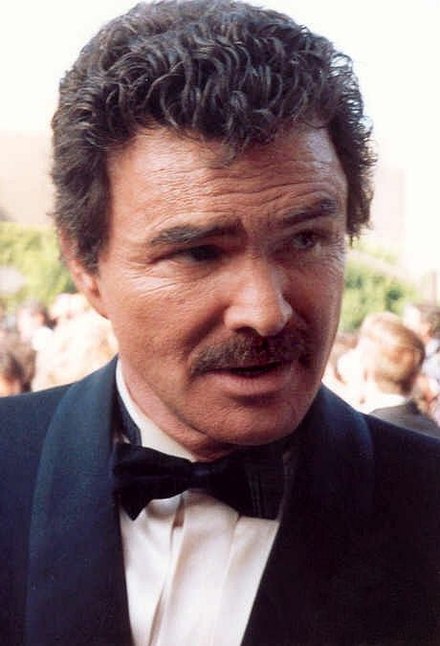
9. **Burt Reynolds: The Charismatic Southern Renegade**Prepare to be charmed by the one and only Burt Reynolds, who absolutely took over the big screen in the ’70s with his undeniable macho persona! Already a recognized TV star, Reynolds truly made his mark in cinema with his breakthrough role in “Deliverance.” This film didn’t just showcase his raw acting skills; it put his physical appeal on full display, instantly cementing his status as a heartthrob for the entire decade. Seriously, the man oozed charisma!
Reynolds had that signature look down pat: a thick mustache, twinkling eyes, and a devilish grin that became his absolute trademark. His physique was muscular yet attainable, making him both incredibly desirable and surprisingly relatable to male audiences. It was a perfect storm of Hollywood star power!
But it wasn’t just his dashing looks. Reynolds also brought a laid-back confidence and a fantastic sense of self-deprecating humor to his roles. This easygoing Southern charm and his willingness to laugh at himself further enhanced his appeal, making him not just a desirable star but also one of the most approachable leading men of the ’70s. He became famous for combining action and comedy in films like “Smokey and the Bandit,” which appealed to a massive demographic and dominated box-office charts.
His popularity influenced studio green-lighting for Southern-set chase films and stunt-centered productions, solidifying his impact on the era’s entertainment landscape. Burt Reynolds was the embodiment of ’70s cool, a true movie star who brought a unique blend of ruggedness, humor, and heart to every single performance. He left behind a legacy that still makes us smile!
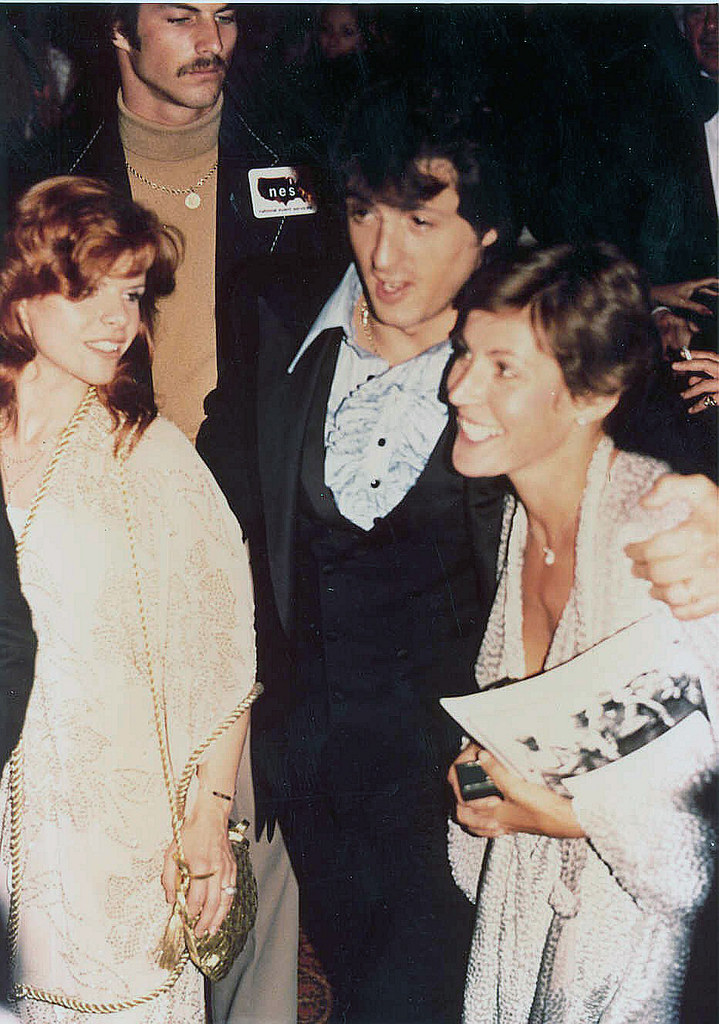
10. **Sylvester Stallone: The Ultimate Underdog Story**Get ready for an inspiring tale of sheer determination with Sylvester Stallone, a true global star who literally wrote his own ticket to fame in the ’70s! Stallone became a household name by writing and starring in “Rocky,” the ultimate underdog boxing drama that punched its way into our hearts. This movie wasn’t just a hit; it turned into a massive franchise and earned him Academy Award nominations for *both* acting and screenwriting! How incredible is that?
“Rocky” tapped into something universal – the dream of fighting for what you believe in, no matter the odds. It was an instant classic, making Stallone an overnight sensation and proving that a single breakout performance could launch a career to unimaginable heights. He was truly the embodiment of grit and perseverance, on screen and off.
His subsequent ’70s roles continued to explore working-class protagonists and powerful sports narratives that resonated with broad appeal. Stallone’s rapid rise illustrated how a performer-writer could leverage a single breakout film into long-term industry influence, forever changing the game for aspiring talents. He wasn’t just an actor; he was a storyteller who understood the power of a compelling narrative.
Stallone’s journey from relative unknown to global icon is the stuff of Hollywood legend. He built a career on characters that fought for every inch of their dreams, and audiences absolutely adored him for it. He didn’t just become a star; he became a symbol of hope and resilience for an entire generation. What a champ!
Read more about: Forgotten Champions: Honoring 10 Rocky Stars Whose Legacies Endure Beyond the Screen
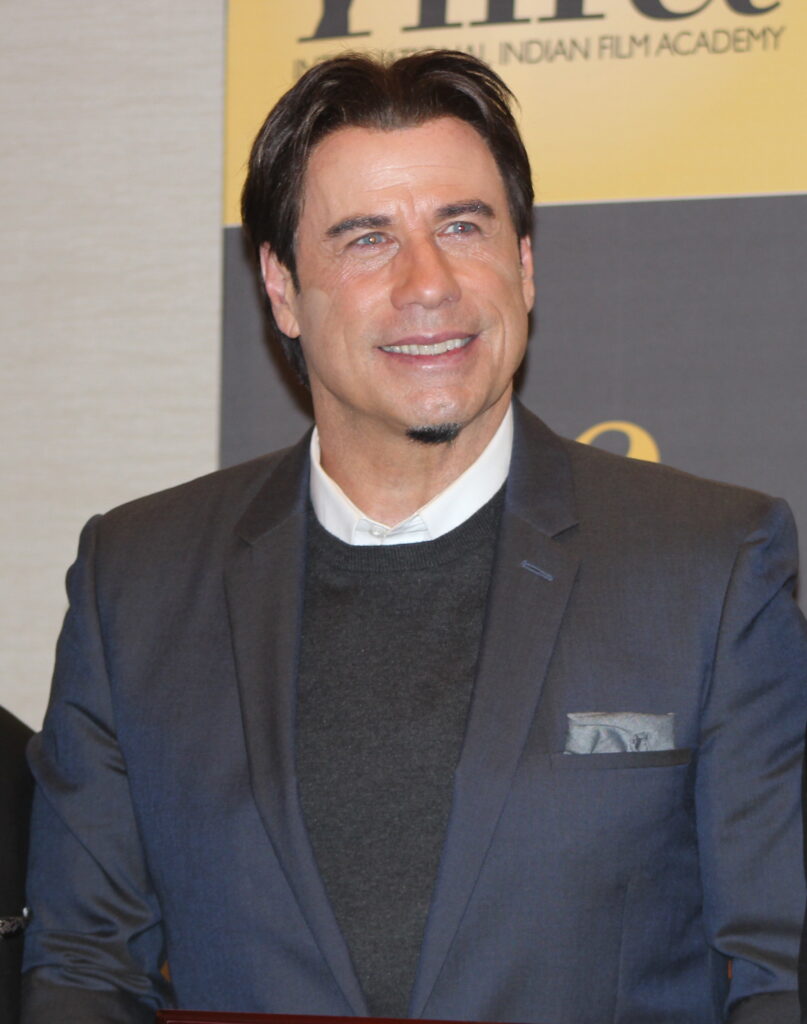
11. **John Travolta: From TV Sensation to Disco King**Can you dig it? Because John Travolta absolutely exploded onto the ’70s scene, making the leap from television success to full-blown film stardom in a blink of an eye! He earned an Academy Award nomination for his electrifying performance in “Saturday Night Fever,” a film that didn’t just entertain; it helped popularize dance-driven youth culture and disco music on an unprecedented scale. He made us all want to hit the dance floor!
Travolta became the ultimate teen idol, captivating audiences with his dynamic energy and undeniable charisma. His portrayal of Tony Manero was iconic, transforming him into a pop culture phenomenon. Following up on that massive success, he kept the momentum going strong with “Grease,” another music-inflected storytelling masterpiece that further cemented his status as a leading man.
His transition from TV to major movie star became a model for other performers navigating both mediums, showing how to successfully cross over and sustain a massive following. Travolta was more than just an actor; he was a cultural touchstone, a symbol of youthful rebellion and pure, unadulterated fun. He made us believe in the magic of the movies, and the power of a good beat!
From the iconic white suit to his smooth dance moves, Travolta’s impact on the ’70s was undeniable. He brought a youthful exuberance and an infectious charm that was impossible to resist, leaving an indelible mark on both film and pop culture. He truly ruled the dance floor and the big screen with equal flair!
Read more about: Beyond the Limelight: Deconstructing the Art of the Actor’s Late-Career Comeback in Hollywood
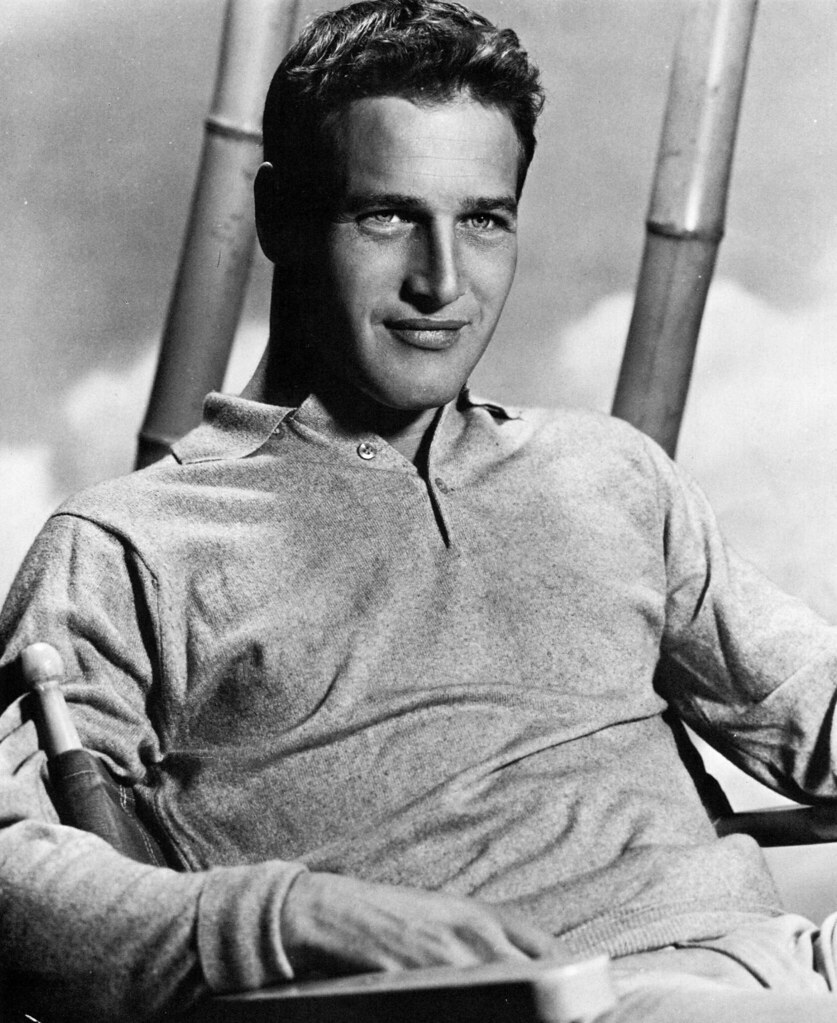
12. **Paul Newman: The Charismatic Icon with Substance**Prepare to be captivated by the timeless charm and undeniable talent of Paul Newman, a leading man who effortlessly balanced prestige dramas with large-scale entertainments, maintaining a broad and adoring audience base throughout the ’70s! Newman was already a beloved star, but this decade saw him solidify his legendary status with roles that showcased both his charisma and his profound acting depth.
He famously headlined “The Sting” alongside Robert Redford, creating one of the decade’s most successful and stylish caper films. This collaboration, and others with directors like George Roy Hill, consistently delivered smart, elegant genre pieces that captivated audiences, proving that intelligent filmmaking could also be wildly popular. Newman wasn’t just a pretty face; he was a master craftsman.
Beyond his incredible work on screen, Newman was also deeply involved in philanthropic work, laying the groundwork for major charitable ventures that would flourish in later decades. His blend of star charisma and disciplined craft kept him in incredibly high demand throughout the 1970s. He was an actor who commanded respect not just for his talent, but for his integrity.
Newman’s ability to navigate diverse roles, from charming con artists to complex dramatic figures, made him a truly enduring icon. He brought a magnetic presence to every film, elevating the material with his nuanced performances and that signature piercing blue-eyed gaze. He was a star who truly had it all: talent, looks, and a heart of gold!
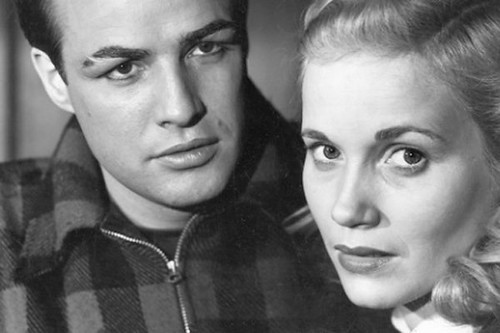
13. **Marlon Brando: The Resurgent Legend**Next up, let’s talk about the absolute legend, Marlon Brando, whose 1970s work spectacularly reasserted his towering influence after an earlier career peak, introducing him to a whole new generation of audiences! Brando’s performance as Don Vito Corleone in “The Godfather” wasn’t just acting; it was a masterclass in screen presence, revitalizing interest in nuanced, internally driven performances and earning him an Academy Award for Best Actor.
Even with limited but incredibly memorable screen time, Brando’s choices during the decade spotlighted the immense power of a truly compelling performance. His gravelly voice, his subtle gestures, and his sheer command of the screen created a character that remains iconic to this day. He reminded everyone why he was considered one of the greatest actors of all time.
Brando’s approach to dialogue and improvisation continued to inform acting pedagogy and on-set practices, influencing countless actors who followed in his footsteps. He wasn’t afraid to push boundaries and explore the deeper psychological aspects of his characters, bringing an unparalleled authenticity to his roles. He truly was a pioneer, and his impact on modern acting is immeasurable.
His ability to deliver such a groundbreaking performance after a period of less acclaim cemented his status as an enduring force in Hollywood. Brando proved that true genius never fades, and his work in the ’70s stands as a testament to his unparalleled talent and enduring legacy. What a comeback king!
Read more about: Beyond the Limelight: Deconstructing the Art of the Actor’s Late-Career Comeback in Hollywood
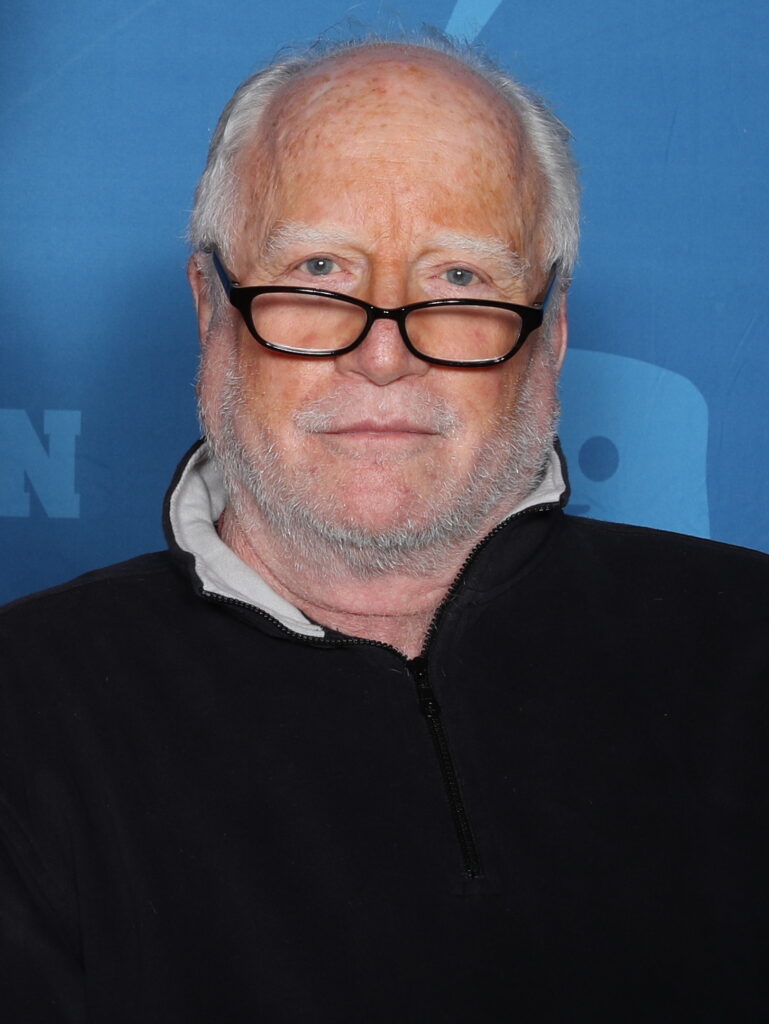
14. **Richard Dreyfuss: The Intellectually Quirky Everyman**Rounding out our incredible list is Richard Dreyfuss, a star who became one of the youngest winners of the Academy Award for Best Actor in the ’70s, dazzling audiences with his unique blend of sardonic wit and approachable everyman qualities! Dreyfuss first captured our attention in era-defining blockbusters like “Jaws,” where he helped anchor one of the biggest summer releases ever, and then he worked with Steven Spielberg again on “Close Encounters of the Third Kind.” Talk about making a splash!
But it was his brilliant performance in “The Goodbye Girl” that truly showcased his range, earning him that well-deserved Oscar. Dreyfuss brought an intelligent, often neurotic, charm to his characters, making them feel incredibly real and relatable. He had a knack for balancing sharp comedic timing with genuine emotional depth, making him a standout in a decade full of larger-than-life personalities.
Dreyfuss’s success illustrated how character actors could absolutely lead major studio hits, proving that star power wasn’t just about traditional good looks but about undeniable talent and a distinctive personality. He effortlessly blended his sardonic wit with an approachable demeanor, making him a favorite for audiences who loved a clever, slightly unconventional hero.
Whether he was battling a great white shark or searching for extraterrestrial life, Richard Dreyfuss always brought a refreshing blend of humor and intelligence to the screen. He was the kind of actor who made you feel like you knew him, yet constantly surprised you with his incredible performances. He truly carved out a unique and memorable place for himself among the ’70s elite!
So there you have it, film fans! From raw, authentic anti-heroes to charismatic rebels, and from method acting masters to charming everymen, the leading men of the 1970s didn’t just star in movies—they *were* the movies. They completely revolutionized Hollywood masculinity, pushed boundaries, and delivered performances that continue to resonate and inspire generations of filmmakers and audiences. These icons, with their groundbreaking talent and unforgettable screen presence, truly cemented their status as the absolute rulers of cool and the big screen, leaving an indelible mark on cinema history. What an era, and what an incredible group of legends!


